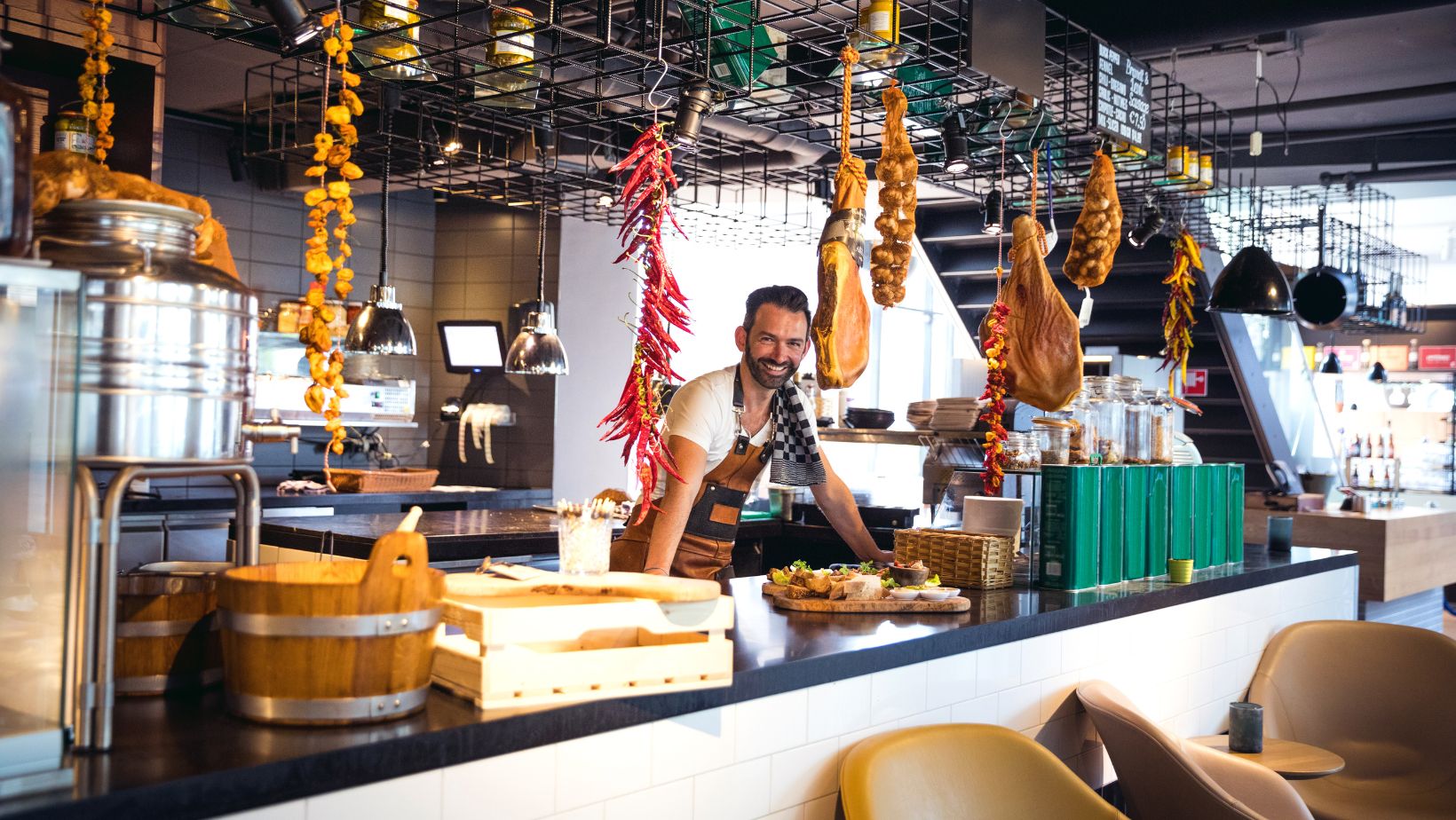
In the bustling world of gastronomy, it’s no secret that running a restaurant isn’t a piece of cake. Between managing daily operations, sourcing quality ingredients, and keeping customers satisfied, there’s a lot on a restaurateur’s plate. And that’s where small business loans for restaurants come into the picture.
These loans can be the lifeblood for restaurants, providing the much-needed capital to keep the business afloat or to expand. Whether it’s purchasing new kitchen equipment, hiring additional staff, or even opening a second location, these loans can make it happen. But how do you navigate this complex landscape? Read on to explore the world of small business loans for restaurants and discover the right financial solution for your culinary venture.
Small Business Loans for Restaurants
The landscape of business loans offers a multitude of choices. So, when it comes to securing small business loans for restaurants, multiple factors deserve keen attention before application.

- Determine Financial Requirement: Firstly, comprehending the monetary need is paramount. This involves tallying costs such as buying new equipment, adding more staff or even covering operating expenses during an off-peak season. Calculate the precise number, making it easier to present a validated request to lenders.
- Examine Credit Score: Lenders analyze credit scores during the loan approval process. Higher scores often lead to favorable interest rates and loan terms. Continually monitor and improve credit scores to maximize the chances of approval.
- Consider Loan Types: Small business loans comprise diverse types – term loans, business lines of credit, equipment financing, and more. Evaluate each type’s benefits, considering the specific needs of the restaurant.
- Scrutinize Lender’s Requirement: Lenders’ requirements vary extensively. While some may ask for collateral, others stipulate a minimum annual revenue. Identify a lender whose stipulations align with the restaurant’s capacities.
- Analyze Business Plan: A meticulously crafted business plan, highlighting realistic financial projections and a strong marketing strategy, can significantly boost loan approval chances.
- Review Repayment Terms: Before application, it’s vital to understand the loan’s repayment terms. This includes interest rates, paymentschedules, and potential penalties for late or early payments.
- Evaluate Timing: Timing plays a critical role in loan application. During peak seasons, when cash flow is strong, restaurant owners may find it easier to secure loans and meet repayment schedules.
In the pursuit of small business loans for restaurants, considering these factors enables restaurant owners to secure optimal financing, fueling their business’s growth, evolution, and success.
Benefits of Small Business Loans for Restaurants
Expanding Your Business

Small business loans empower restaurants to expand their operations, enhancing their capacity to serve customers. Restaurants can use theadditional capital from these loans to open new outlets, remodel existing ones, or introduce new menu items. For instance, a loan might facilitate the expansion of a popular burger joint into a bustling metropolitan area, or enable the addition of a vegan menu in response to growing health trends.
Improving Cash Flow

A vital benefit of securing a business loan resides in the immediate boost in cash flow. Restaurants often grapple with inconsistent revenue streams, thanks to seasonal fluctuations or occasional downturns in business. Loans provide restaurants with a financial buffer during slow periods, ensuring they can cover essential costs such as rent, utility bills, and wages. A seafood restaurant facing a slump during winter months, for example, could benefit from a loan to maintain operations until the more lucrative summer season commences.
Investing in Marketing and Advertising
 Securing a small business loan equips restaurants with the means to invest in robust marketing and advertising campaigns. Traditional advertising mediums such as radio, print, and television, or digital marketing strategies like social media and search engine optimization require financial resources to execute effectively.
Securing a small business loan equips restaurants with the means to invest in robust marketing and advertising campaigns. Traditional advertising mediums such as radio, print, and television, or digital marketing strategies like social media and search engine optimization require financial resources to execute effectively.
Given the fierce competitive landscape of the restaurant industry, an adequately funded marketing campaign could prove crucial. Particularly, a regional pizza chain could use a loan to fund a digital marketing campaign aimed at increasing its online visibility and driving more customers to its outlets.